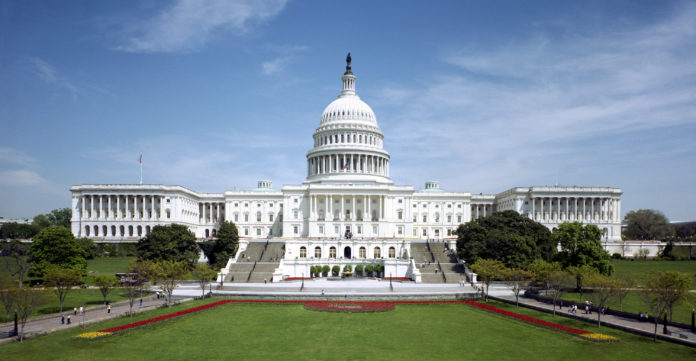On April 11, Facebook CEO and founder Mark Zuckerberg faced questions about illegal opioid sales on the social media site during his second day of Congressional testimony.
Representative David McKinley, a Republican from West Virginia, stated that Facebook was still being used as a platform to facilitate online opioid sales. McKinley remarked that by enabling the illegal sale of opioids, Facebook was responsible for “hurting people.” Zuckerberg conceded that there were numerous “areas of content” where the tech giant needed to improve regulation.
Zuckerberg elaborated on the matter, explaining that due to the sheer scale of the amount of content shared by users everyday on Facebook, it was impossible to review everything posted, even with “20,000 people” reviewing the material. According to Zuckerberg, the social media site will remove any post facilitating Facebook opioid sales it comes across, as well as any such post that is reported by users and found to violate Facebook’s terms of use during an internal review.
In the future, Zuckerberg hopes that artificial intelligence tools can be used to better monitor posts that facilitate illegal Facebook opioid sales, but for now, the social media giant relies on its content reviewers to monitor content that users of the site have flagged.
Earlier this month, the Commissioner of the U.S. Food and Drug Administration (FDA), Scott Gottlieb, tweeted that the agency would be working with ISPs and social media sites to curb the sale of opioids online. According to the April 4 tweet, which was sent the same day Gottlieb made remarks at the annual National Rx Drug Abuse and Heroin Summit in Atlanta, Georgia, the FDA intends to invite “Internet leaders” to a summit on the subject.
When asked about the remarks that Gottlieb had made the previous week, Zuckerberg replied that he wasn’t “specifically aware” of the FDA Commissioner’s remarks.
















